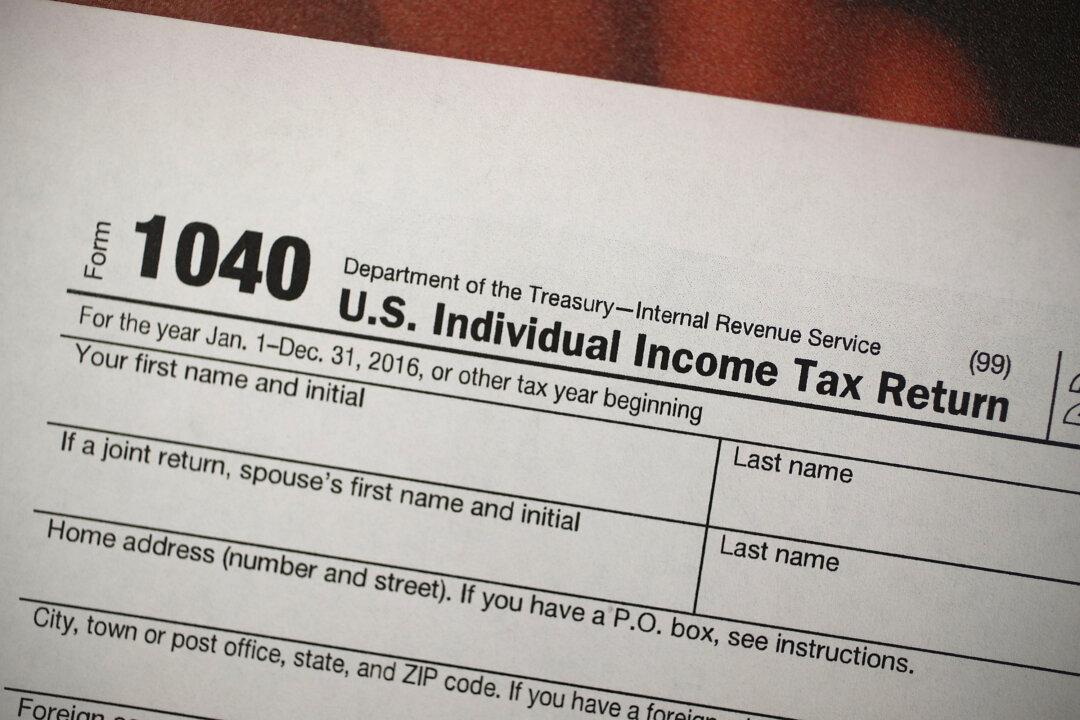The Internal Revenue Service (IRS) announced on Aug. 24 that it will waive penalties levied against American taxpayers who failed to file their 2019 and 2020 returns in a timely manner during the COVID-19 pandemic.
The agency will also issue over $1.2 billion in refunds or credits to taxpayers who received the fees.




